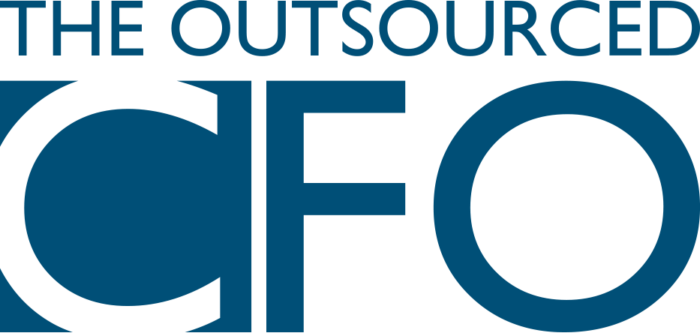
Why February is the Best Month for Strategic Planning Sessions
February signals a period of renewed focus. With the kids back at school and the festive season behind us, it’s the ideal time for strategic planning. It’s a moment to assess our past year’s achievements, understand missed opportunities, and set our sights on the future.
As we step into 2024 and look further ahead, strategic planning becomes more critical than ever. Refreshed from the holiday break, it’s the perfect time for management teams to engage in off-site strategy sessions, laying the groundwork for future goals and directions. These sessions are pivotal for charting a successful path forward. But what exactly can you expect to emerge from these intensive planning meetings?
Financials
In a strategic planning workshop, the ultimate goal is to generate lots of ideas. You don’t necessarily have to implement all ideas but to select the best ones. Each idea should have a basic financial framework – how it will operate financially. This need not be exhaustive; the details can be fleshed out later. For example, consider we sell a Big Mac; what if we also sold fries? If selling 10,000 servings of fries at $2 amounts to $20,000, and the cost is $1,000, does that seem profitable? Every idea should have a financial context to aid in making strategic choices.
Building a Team
Building a strong team starts with the leadership team. Do you have the right mix of skills and experience? Diversity in skills fosters robust discussions and idea development. You need a range of expertise across sales, marketing, finance, technology and operations to add depth to the conversation and offer different perspectives.
For smaller businesses, the good news is that specialists in these areas don’t necessarily need to be on the payroll. External providers can contribute to strategy days or work part-time within the organisation. For example, you can outsource payroll, HR or even positions such as the chief financial officer.
Cultivating the Culture
Renowned Austrian-American author and educator, Peter Drucker famously said, “Culture eats Strategy for breakfast.” Regardless of how innovative your business ideas are, without a culture that drives outcomes, they’ll fail. Conversely, even mediocre ideas can thrive in a strong culture. A strategy workshop isn’t just about idea generation; it’s about cultivating a supportive and collaborative culture.
Making Choices
Strategic planning is all about making well-informed decisions. It involves gathering lots of ideas and enough details about each to choose the right path. Take, for example, the idea of moving to a bigger facility. A strategic planning session can start the conversation, but you need a detailed plan to really get things moving.
In our earlier fries example, you might decide it’s a viable option based on initial financials and existing capabilities. However, validating these assumptions with more detailed financials and market data is crucial.
Setting Goals
After healthy discussions, it’s time to identify the ideas you wish to pursue and then set specific goals. For example, if the goal is to increase revenue by $1 million per annum, you need to sell a certain number of fries per week. Is this achievable? Setting such clear goals is essential.
Key Performance Indicators (KPIs)
With goals in place, these can be translated into KPIs for the wider team. As Gino Wickman outlines in his book “Traction,” each team member should know their target – their contribution to the overall performance.
Measure and Re-measure
Setting KPIs is simply the start. Regular reporting and data management are vital to monitor performance against these indicators. The key is simplicity in measurement, even if it’s manual.
Setting the Budget
With the people, goals, and measures in place, it’s time to set the budget. This becomes the ultimate measure of performance, incorporating baseline operations and strategic growth initiatives.
If your business needs strategic guidance and direction, consider outsourcing with a CFO who can integrate seamlessly into your team and lead the way. Let’s take your business to new heights together. Contact us to find out how our expert CFO can steer your business towards success.
About Brian Doughty:
Brian Doughty, founder of The Outsourced CFO, brings a unique blend of experience from large corporates and small businesses. His part-time CFO service for small to medium-sized businesses offers simple yet effective tools for engaging staff, monitoring performance, and achieving goals. For more information, visit www.theoutsourcedcfo.com.au.
Founder at The Outsourced CFO.
